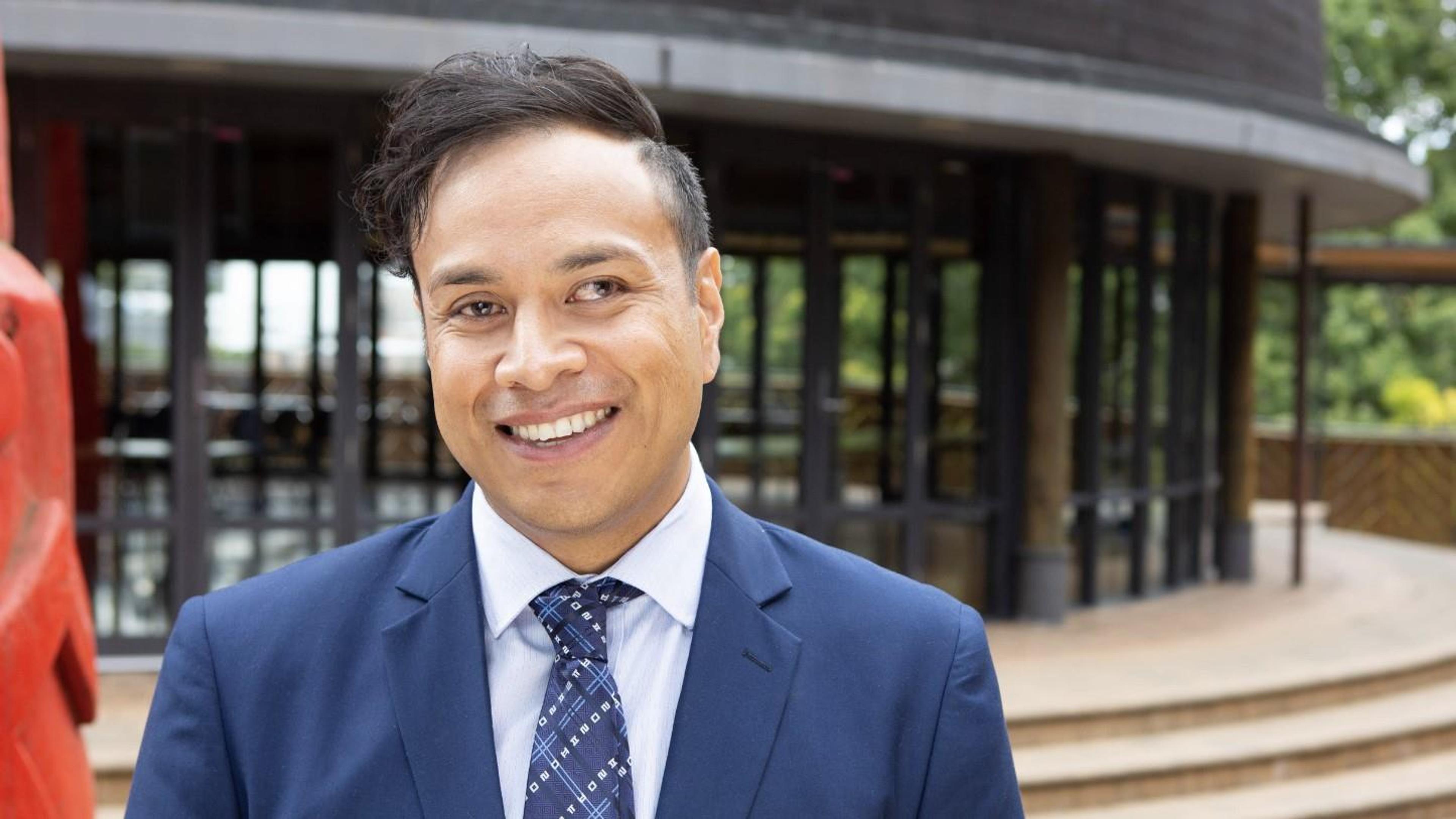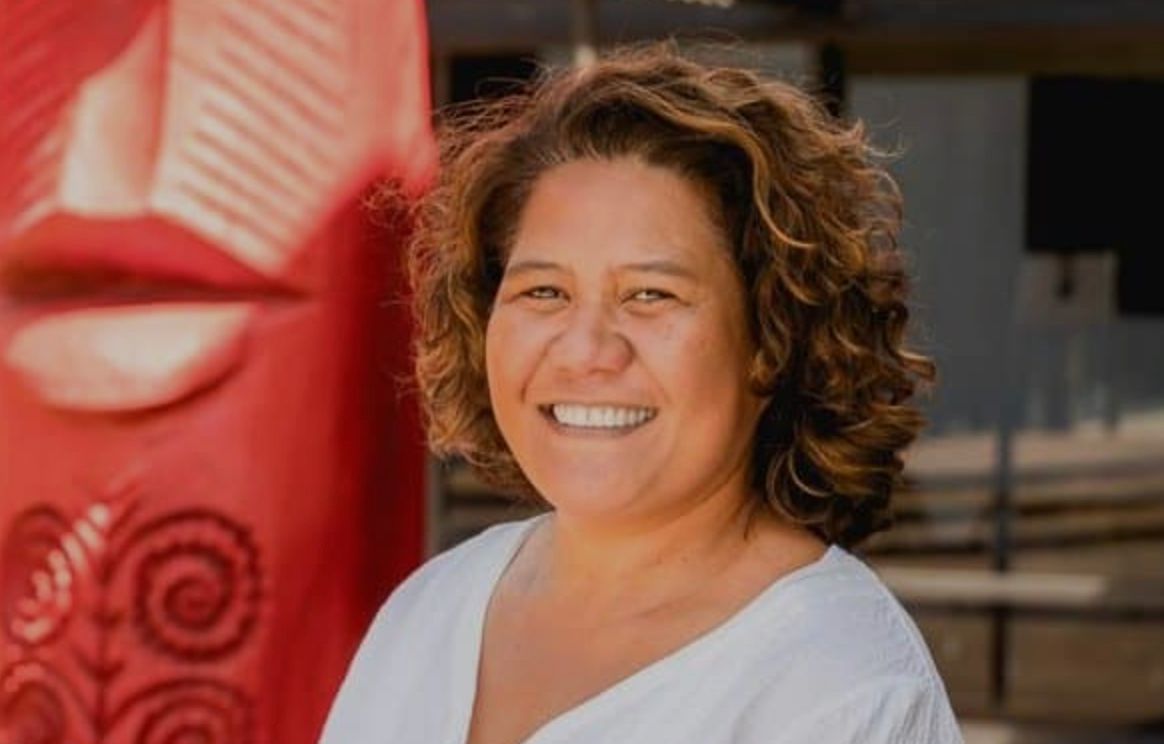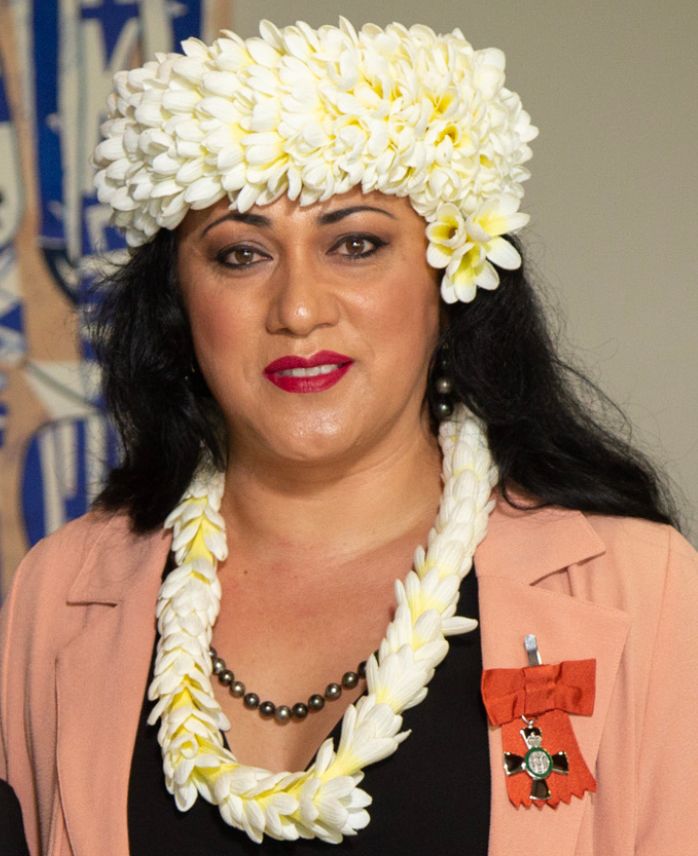

Dr Seuta'afili Patrick Thomsen
Image/Supplied
Queer Pacific leaders make history: ‘Pacific Rainbow+ individuals play core roles in the family’
A world first study developed between academics and community leaders charts a course for change.


After three long years, a study into the Pacific Rainbow+ community is being gifted to the community – and the world.
The Manalagi Survey Community Report is a tapestry of some 750 respondents, examining the health and wellbeing of the Pacific Rainbow+ peoples in Aotearoa, a key finding being the need for more Pacific Rainbow+ leadership.
Led by Principal Investigator Seuta’afili Dr Patrick Thomsen of Waipapa Taumata Rau, University of Auckland and developed in partnership with F’INE Pasifika Aotearoa Trust and Pacific Rainbow+ community members, the project is the first and largest research of its kind.
The project team also includes Pro Vice Chancellor Pacific Dr Jemaima Tiatia-Siau and Executive Director of F’INE Pasifika Aotearoa, Phylesha Brown-Acton MNZM. Dr Sam Manuela and Dr Lara Greaves were also Associate Investigators on the report, providing a collective village approach.

Dr Jemaima Tiatia-Siau
Dr Thomsen says Manalagi demonstrates a need for for more health and service organisations to be Pacific-led as 60 per cent of those surveyed encountered discrimination in the form of racism and homo/transphobia, with many subjected to culturally unsafe practices when seeking health care.
Regarding everyday family life, only half of respondents expressed having ‘come out’ to their families, while a third had not as they feared being disowned, and 14% had been subjected to conversion therapy despite the practice being outlawed in 2022.
“Many Pacific Rainbow+ individuals play core roles in the family and in promoting and preserving our cultural practices and knowledge,” says Dr Thomsen.
“It’s crucial to acknowledge this and to also support our families to learn how to better hold and affirm the aspirations of their Pacific Rainbow+ children.”
Although Pacific Rainbow+ community members live across the motu, support is scarce at the coal face. Whānau Ora currently only fund only one Pacific-led Rainbow+ service provider – F’INE Pasifika Aotearoa Trust in Manukau.
More than half of participants felt safer with a health professional from their own cultural background, who had a strong understanding of their Pacific and Rainbow+ worldview.
“In talanoa, many participants indicated that access to mental health services were too expensive, which compromised their ability to seek out on-going care when needed,” says Dr Thomsen.
“Health professionals are currently ill-equipped to best support our communities, there needs to be training in areas of cultural competency and ways to also affirm the Rainbow+ identity and experiences of our communities.”

Phylesha Brown-Acton MNZM
More about the Manalagi Survey Community Report can be found here.


